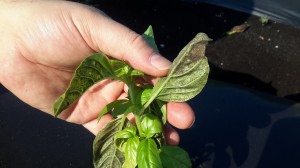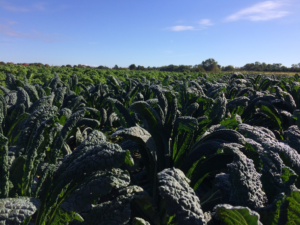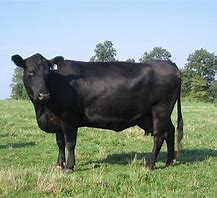A team of extension educators from the University of New Hampshire, University of Vermont, and Cornell University is seeking input from strawberry growers in the region on current practices and challenges faced in strawberry production. As part of the Northeast SARE project “Advancing Strawberry Production in the Northeast,” your feedback will guide research and outreach programs in the Northeastern U.S. and Canada.
The survey should take about 15 minutes to complete and be sure to submit your responses by December 31, 2020. At survey completion, you can also be entered into a drawing for some great prizes. The survey is available here: https://unh.az1.qualtrics.com/jfe/form/SV_2nlFpEZhejOE0Pr


 By, Stephen Komar and Michelle Infante-Casella
By, Stephen Komar and Michelle Infante-Casella